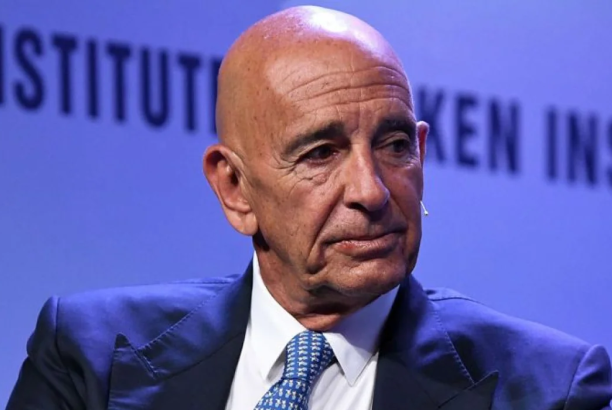
| News
With Increased Smuggling… Analysis of Fuel and Gas Consumption in Libya Before and After Massoud Suleiman’s Appointment as Head of the National Oil Corporation
Data published by the National Oil Corporation on its official accounts presents an analysis of fuel and gas consumption in Libya before and after the appointment of Massoud Suleiman as the head of the NOC, based on exclusive and precise analytical sources.
Comparison Periods
- Before the appointment: 50 days from October 1, 2024, to November 19, 2024
- After the appointment: 50 days from January 16, 2025, to March 6, 2025
Introduction
On January 16, 2025, Massoud Suleiman was appointed as the head of the National Oil Corporation. This appointment raised questions about potential changes in fuel management policies and supply strategies in Libya. This report aims to analyze changes in fuel and natural gas consumption across various sectors during the 50 days before and after the appointment. The focus is on the consumption of natural gas, crude oil, diesel, and heavy fuel oil to assess the impact of the new administration.
Comparison of Fuel and Gas Consumption Before and After the Management Change
| Entity | Product | 50 Days Before Appointment | 50 Days After Appointment | Change (%) |
|---|---|---|---|---|
| GECOL | Natural Gas (Million Cubic Feet) | 41,038.35 | 45,816.95 | +11.64% |
| GECOL | Crude Oil (Barrels) | 673,058.25 | 907,653.39 | +34.86% |
| GECOL | Diesel (Metric Tons) | 343,875.88 | 337,605.08 | -1.82% |
| GECOL | Heavy Fuel Oil (Metric Tons) | 11,245.90 | 78,264.41 | +595.94% |
| NOC | Natural Gas (Million Cubic Feet) | 5,753.22 | 6,883.90 | +19.65% |
Analysis of Consumption Changes
1. Increase in Natural Gas Consumption
The consumption of natural gas by the General Electricity Company of Libya (GECOL) increased by 11.64% after Massoud Suleiman’s appointment. This suggests a rise in electricity generation using natural gas or the activation of additional power plants.
Similarly, the National Oil Corporation (NOC) recorded a 19.65% increase in natural gas consumption, possibly indicating greater operational activity or changes in gas-dependent production processes.
2. Significant Increase in Crude Oil Consumption
GECOL’s crude oil consumption rose by 34.86%, reflecting a greater reliance on crude oil for power generation, likely due to supply adjustments or operational decisions.
3. Stability in Diesel Consumption
Diesel consumption saw a slight 1.82% decline, which may suggest a gradual shift toward natural gas or improved efficiency in diesel-powered plants.
4. Massive Increase in Heavy Fuel Oil Consumption
Heavy fuel oil consumption witnessed the most dramatic surge, rising by 595.94%, signaling a major operational shift toward this energy source in certain plants.
Monthly Analysis of Heavy Fuel Oil Consumption
| Month | Average Daily Consumption (Metric Tons/Day) | Total Monthly Consumption (Metric Tons) |
|---|---|---|
| October 2024 | 407.74 | 12,640 |
| November 2024 | 36.00 | 1,080 |
| January 2025 | 1,286.26 | 39,874 |
| February 2025 | 1,874.21 | 52,478 |
| March 2025 (Estimated) | 1,580.24 | 48,987.32 |
Final Conclusions
- Natural gas consumption increased by 11.64% after the management change, indicating a growing reliance on gas for electricity generation.
- Crude oil consumption rose by 34.86%, possibly due to supply adjustments or shifts in power plant operational strategies.
- Diesel consumption remained relatively stable, with a slight decrease of 1.82%, potentially reflecting a gradual shift to alternative energy sources.
- The most significant change was the extraordinary 595.94% increase in heavy fuel oil consumption, highlighting a major operational shift.
These changes suggest that during Massoud Suleiman’s tenure as head of the NOC, fuel consumption strategies in both the electricity and oil sectors underwent modifications, likely due to operational decisions or shifts in fuel supply dynamics.





